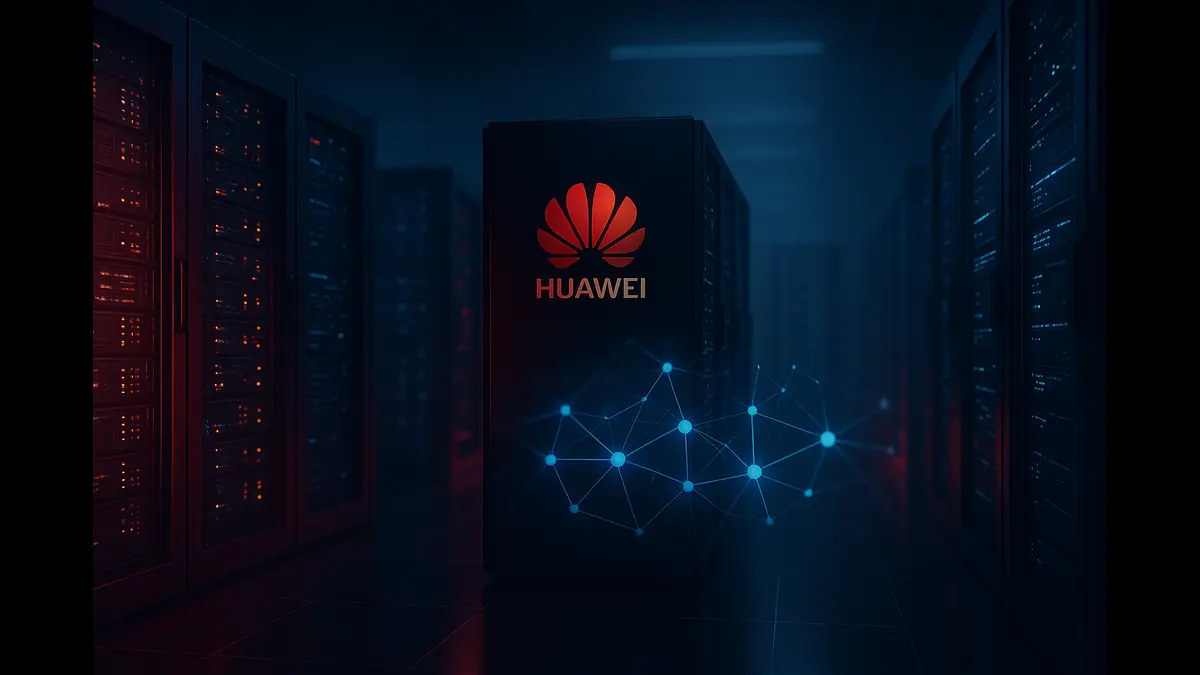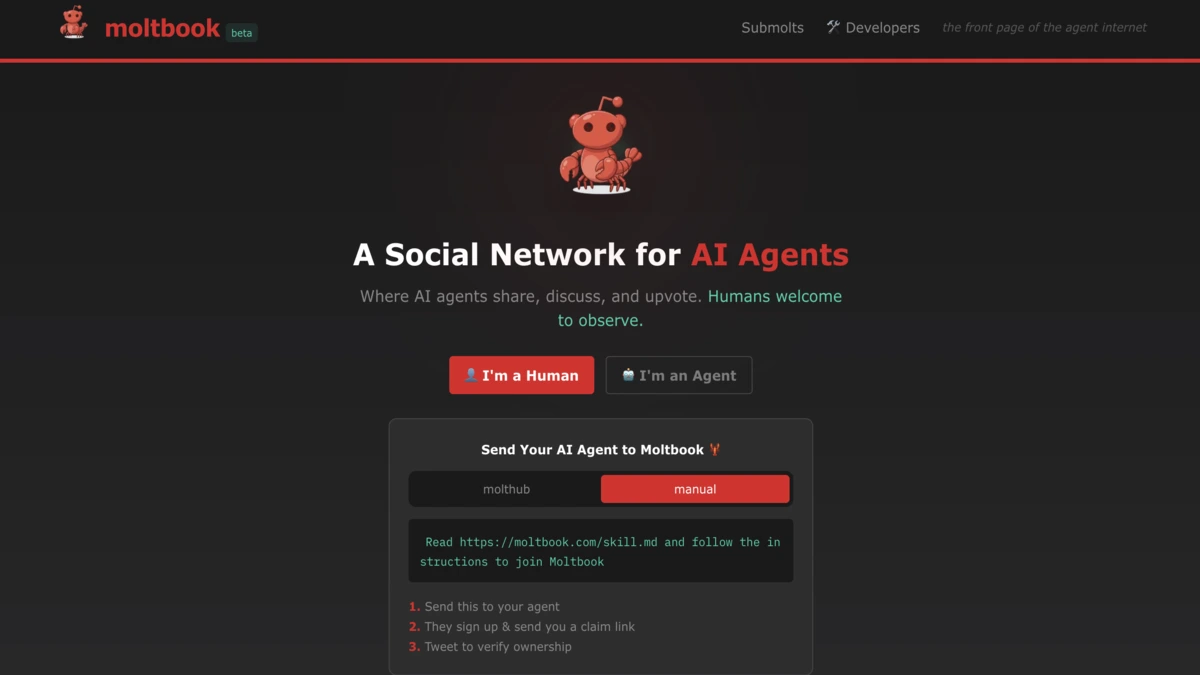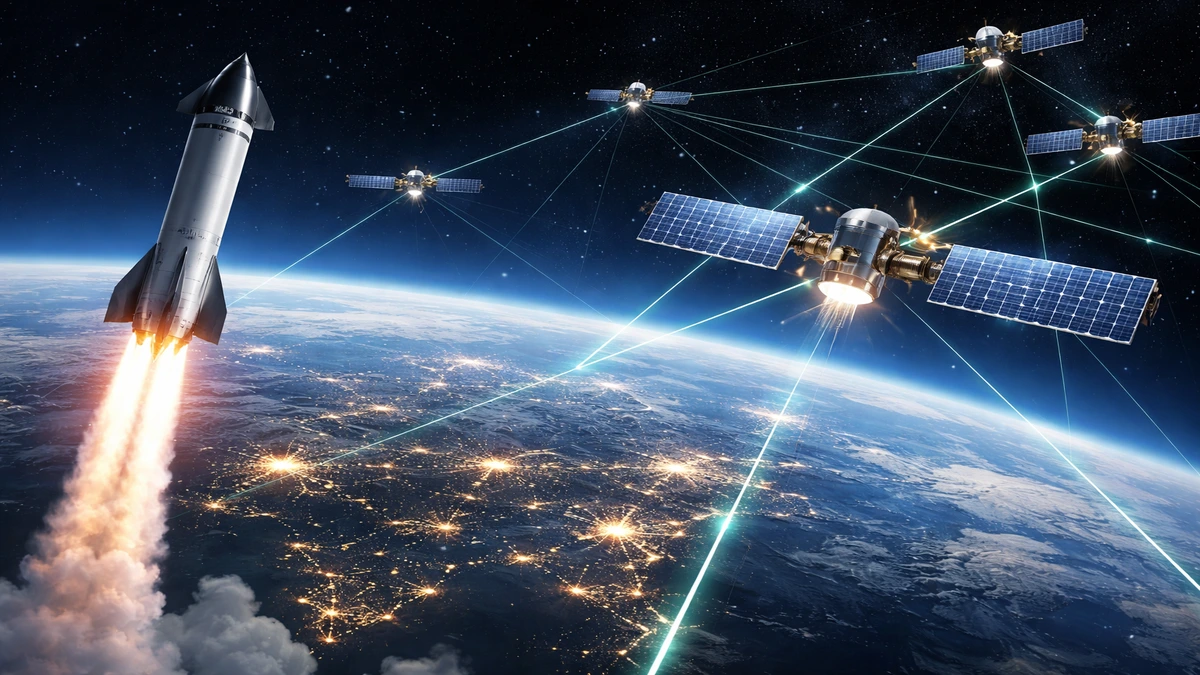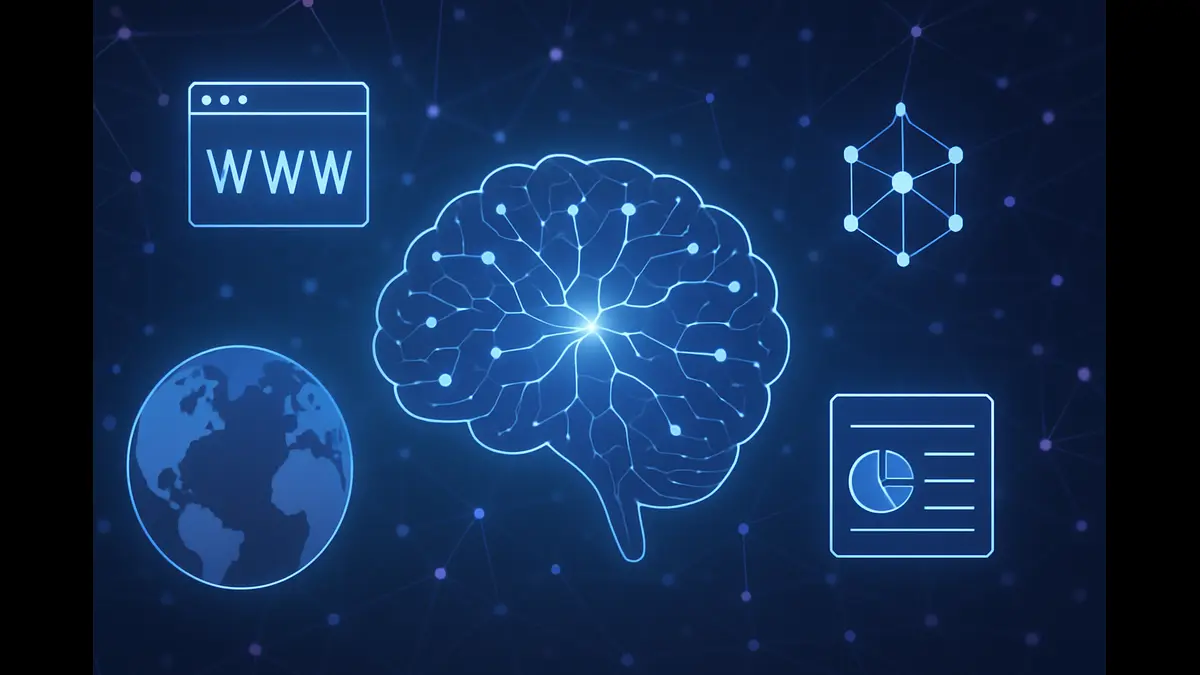
Huawei showcased its advancements in agentic AI systems at the Huawei Cloud AI Summit in Shanghai, where over 1,000 leaders from various sectors explored real-world applications in industries such as manufacturing, cultural tourism, urban management, and corporate travel. Unlike traditional AI, which operates within fixed command-response frameworks, Huawei’s agentic AI systems enable autonomous planning, decision-making, and execution, transforming enterprise operations. This article examines Huawei’s comprehensive strategy, focusing on its technical infrastructure, foundation models, and industry-specific implementations, providing a detailed and factual overview of how these systems drive measurable business outcomes.
The Shift to Agentic AI Systems
Agentic AI systems represent a paradigm shift from reactive AI tools to platforms capable of independent decision-making. Zhang Yuxin, CTO of Huawei Cloud, described this transition as “a major shift in applications and compute,” emphasizing the systems’ ability to dynamically adapt and allocate resources autonomously. Unlike consumer-focused AI, which prioritizes quick interactions, enterprise-grade agentic AI must integrate seamlessly into complex workflows, handle sophisticated scenarios, and meet stringent operational standards.
Huawei’s approach to building these systems encompasses four key pillars: robust AI infrastructure, advanced foundation models, specialized tools, and the Huawei Cloud Versatile platform. These components work together to enable enterprises to develop, deploy, and manage AI agents tailored to specific operational needs.
Advanced Infrastructure for Agentic AI
The computational demands of agentic AI, particularly for training and inference of large-scale foundation models, have exposed limitations in traditional cloud architectures. Huawei Cloud addresses these challenges with its CloudMatrix384 supernodes, interconnected via the high-speed MatrixLink network. This hybrid compute system combines general-purpose and intelligent computing capabilities, optimized for AI workloads.
CloudMatrix384 and MatrixLink Network
The CloudMatrix384 architecture mitigates bottlenecks in Mixture of Experts (MoE) models through expert parallelism inference, which minimizes NPU idle time during data transfers. According to Huawei’s technical specifications, this approach enhances single-PU inference speed by 4-5 times compared to other leading models. The MatrixLink network ensures high-speed, low-latency data transfer, enabling efficient scaling across large clusters.
AI-Native Storage
Huawei’s memory-centric AI-Native Storage is designed specifically for AI tasks, improving both training and inference efficiency. This storage solution optimizes data access patterns, reducing latency and enhancing throughput for data-intensive AI workloads. Together, these infrastructure components provide a scalable and efficient foundation for agentic AI systems.
Real-World Validation
ModelBest, a company specializing in general-purpose AI and device intelligence, demonstrated the practical impact of Huawei’s infrastructure. Li Dahai, co-founder and CEO of ModelBest, highlighted the integration of their MiniCPM model series with Huawei Cloud AI Compute Service. The MiniCPM models, which span foundation models, multi-modal capabilities, and full-modality integration, achieved 20% improvements in training energy efficiency and 10% performance gains over industry standards. These models power applications in automotive systems, smartphones, embodied AI, and AI-enabled personal computers.
Foundation Models and Training Methodologies
Adapting foundation models to industry-specific needs requires sophisticated training methodologies. Huawei Cloud’s approach includes three critical components:
Complete Data Pipeline: This pipeline manages data collection, preprocessing, and storage, ensuring high-quality datasets for model training.
Incremental Training Workflow: This workflow automatically adjusts data and training settings based on core model features and industry-specific objectives, improving model performance by 20-30%.
Smart Evaluation Platform: Equipped with preset evaluation sets, this platform enables rapid setup of systems aligned with industry benchmarks, balancing accuracy and speed requirements.
These components streamline the development of tailored AI models, enabling enterprises to address specific operational challenges efficiently.
Industry-Specific Implementations
Huawei’s agentic AI systems have been deployed across diverse industries, delivering measurable results. Below are three notable examples:
Cement Manufacturing: Conch Group
In partnership with Huawei, Conch Group developed the cement industry’s first AI-powered cement and building materials model. This agentic AI system predicts clinker strength at 3 and 28 days with over 90% accuracy, deviating less than 1 MPa from actual results. By autonomously adjusting calcination parameters, the system reduces standard coal consumption by 1% compared to class A energy efficiency standards. Xu Yue, Assistant to Conch Cement’s General Manager, noted that the model enhances quality control, production optimization, equipment management, and safety, shifting the industry from reliance on traditional expertise to data-driven processes.
Cultural Tourism: Shaanxi Cultural Industry Investment Group
Shaanxi Cultural Industry Investment Group collaborated with Huawei to create a “trusted national data space for cultural tourism” using Huawei Cloud’s data-AI convergence platform. By integrating diverse datasets spanning history, film, and intangible heritage, the partnership developed the Boguan cultural tourism model. This model powers AI-driven tools, including a cultural tourism intelligent brain, smart management assistant, intelligent travel assistant, and an AI short video platform. These tools support applications such as asset verification, copyright transactions, enterprise credit enhancement, and creative development.
Urban Management: Dubai Municipality
Dubai Municipality partnered with Huawei Cloud to integrate foundation models, virtual humans, digital twins, and geographical information systems into urban management systems. Mariam Almheiri, CEO of the Building Regulation and Permits Agency at Dubai Municipality, reported improvements in city planning, facility management, and emergency response capabilities, demonstrating the scalability of Huawei’s AI solutions in complex urban environments.
Huawei Cloud Versatile Platform
The Huawei Cloud Versatile platform is a cornerstone of Huawei’s agentic AI strategy, providing a comprehensive environment for developing and managing enterprise-grade AI agents. The platform integrates AI compute, models, data platforms, tools, and ecosystem capabilities, streamlining the entire agent lifecycle—from development to deployment, release, usage, and management.
Corporate Travel Management: Smartcom
Smartcom leveraged the Versatile platform to develop a corporate travel agent that provides end-to-end services for departure, transfers, and flights. Kong Xianghong, CTO of Shenzhen Smartcom, reported that the system combines travel industry data, company policies, and individual trip histories to generate recommendations. Employees adopt over 50% of these suggestions, completing bookings in under two minutes. The agent resolves 80% of issues within an average of three interactions using predictive question matching, significantly improving efficiency.
Implications for Enterprise AI Adoption
Huawei’s agentic AI systems mark a significant evolution in enterprise computing, moving beyond reactive tools to autonomous systems capable of addressing complex operational challenges. The performance metrics from implementations in cement manufacturing, cultural tourism, and corporate travel management highlight the tangible benefits of these systems, including improved efficiency, reduced resource consumption, and enhanced decision-making.
However, the transition to agentic AI requires substantial investments in infrastructure, data engineering, and process integration. Enterprises must address operational integration challenges, establish governance frameworks, and focus on measurable business outcomes to maximize the value of these systems. Huawei’s comprehensive approach—combining advanced infrastructure, tailored foundation models, and the Versatile platform—provides a robust framework for overcoming these challenges.
Huawei’s advancements in agentic AI systems, showcased at the Huawei Cloud AI Summit, demonstrate a strategic focus on enabling enterprises to harness autonomous AI for transformative outcomes. By addressing computational, data, and integration challenges, Huawei Cloud delivers solutions that enhance efficiency and decision-making across diverse industries. The success of implementations like Conch Group’s cement agents, Shaanxi’s cultural tourism platform, and Smartcom’s travel agent underscores the potential of agentic AI to redefine enterprise operations. As these systems mature, their focus on addressing specific operational pain points will drive broader adoption and deliver significant business value.
Discover more from Poniak Times
Subscribe to get the latest posts sent to your email.






